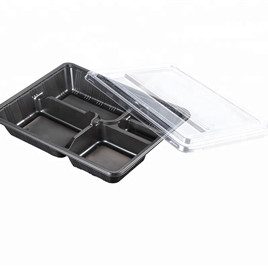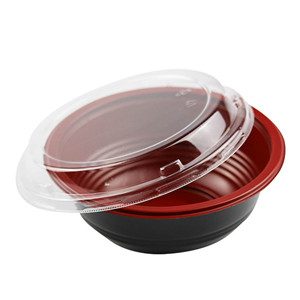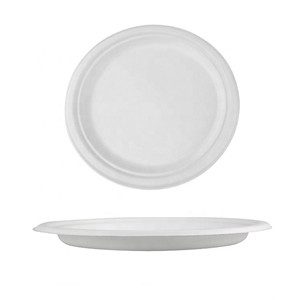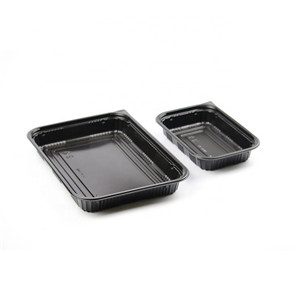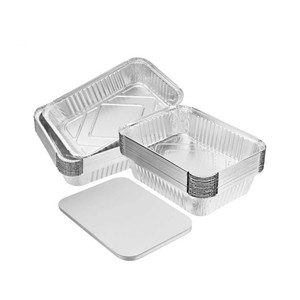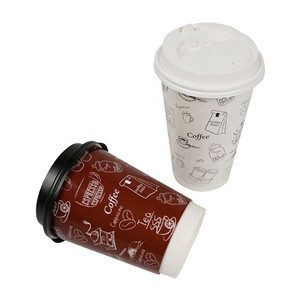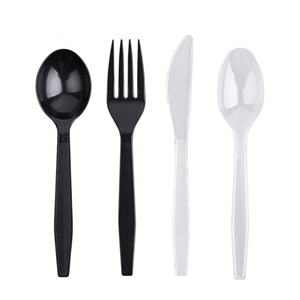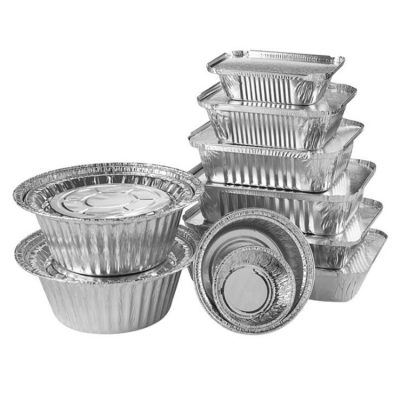Introduction: As the demand for sustainable practices increases, the food packaging industry seeks eco-friendly alternatives to conventional materials. Foil food containers, made from aluminum, have the potential to contribute to greener packaging solutions. In this blog, we explore sustainable practices associated with foil food containers and their role in promoting environmental responsibility.
- Recyclability of Aluminum Aluminum, the primary material used in foil food containers, is highly recyclable. Recycling aluminum requires significantly less energy compared to producing new aluminum, reducing greenhouse gas emissions. Encouraging consumers and businesses to recycle used foil containers ensures that the material is reused rather than ending up in landfills.
- Lightweight Design for Reduced Carbon Footprint The lightweight nature of foil food containers contributes to reducing the overall carbon footprint during transportation. The lightweight design requires less fuel for shipping, decreasing the emissions associated with distribution. This characteristic is especially advantageous in the food delivery and catering industries, where transportation efficiency is vital.
- Energy Efficiency in Production The production of foil food containers involves an energy-intensive process. However, advancements in technology have led to improved energy efficiency in manufacturing. Manufacturers are adopting energy-saving practices, including using renewable energy sources, to reduce the environmental impact of production.
- Composting as an Alternative Disposal Method While recycling is the preferred method for used foil food containers, composting can also be a sustainable disposal option. Composting aluminum foil may not be as widespread as recycling, but it is a viable method in some regions. Composting breaks down the foil, eventually returning it to the earth as organic matter.
Conclusion: Sustainable practices associated with foil food containers, such as aluminum recyclability, lightweight design for reduced carbon footprint, energy-efficient production, and composting as an alternative disposal method, showcase the potential of foil containers to contribute to greener packaging solutions. By adopting these sustainable practices, businesses and consumers can actively participate in environmental responsibility and promote a more sustainable food packaging industry.


